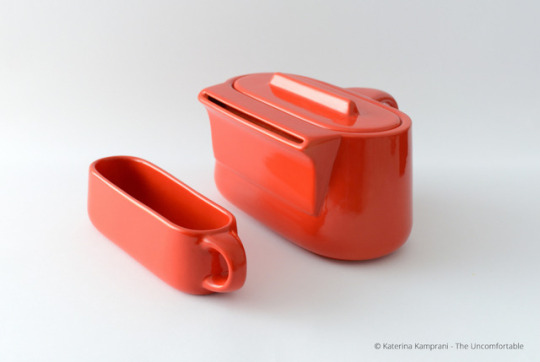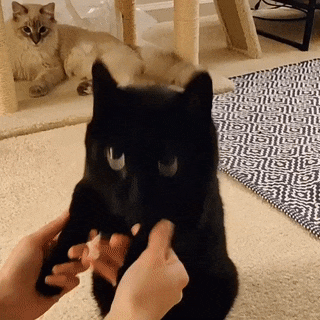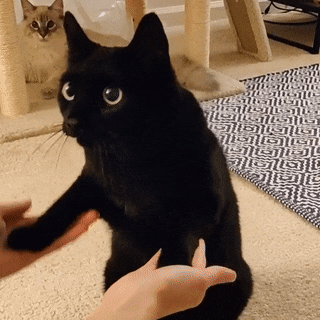: : arrested for kitten crimes : : header by argodeon : : 24 : : mdni : : she/her : :
Don't wanna be here? Send us removal request.
Text
They should have an oarfish emoji that’s four times as long as any other emoji
23K notes
·
View notes
Text
mentally taking a drag of my mental cigarette because I don’t smoke but life has been very smokable lately
36K notes
·
View notes
Text
idk why people photoshopped the crying cat meme on this pic when the unedited version is so powerful

239K notes
·
View notes
Text
45K notes
·
View notes
Photo

(via The Uncomfortable Tea Set | theuncomfortable.com)
86K notes
·
View notes
Text
yall ever miss your own energy?? like damn wtf happened to me??
200K notes
·
View notes
Text

earlier this week Twitter user ppuccin0 tweeted about a fashion article that advised against tops with large floral patterns, saying the wearer was in danger of looking like a "ロマンティックおばさん," or a "romantic auntie." the tweet went viral with many agreeing that a "romantic auntie" sounded like a very nice thing to aspire to be, and some even posted illustrations or photos tagged with the trend

illustration by Toyota Yuu (author of Cherry Magic)

illustration by 141shkw/Sora Midori (author of Beautiful Curse)

photos by Takinami Yukari (author of Motokare Mania and Watashi-tachi wa Mutsuu Ren'ai ga Shitai or "We Want A Painless Romance")

illustration by m:m (mangaka of Matataki no End Roll)

illustration by ooinuai (mangaka of Onikui Kitan)

illustration by ma2 (mangaka of The Reason We Fall In Love)
BONUS:

64K notes
·
View notes
Text
canada lynx voted the animal of all time. Boy why are you so paws
128K notes
·
View notes















